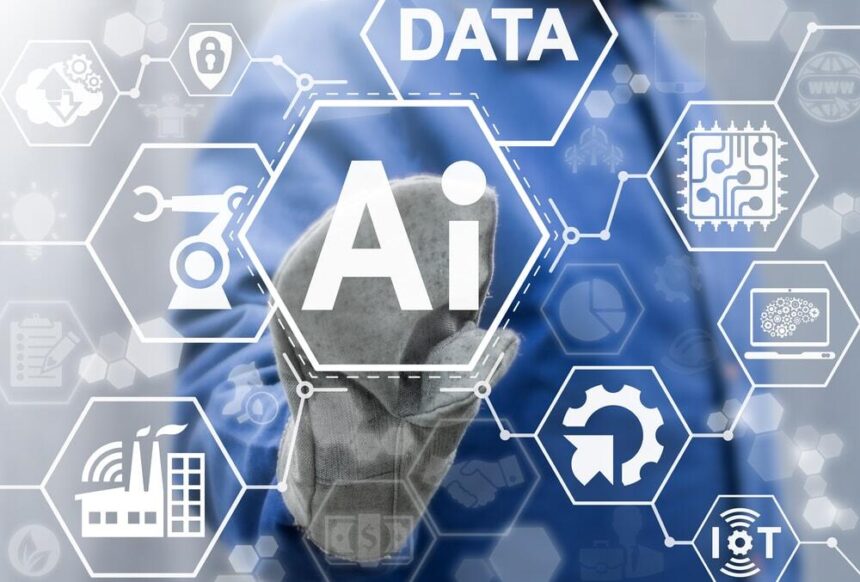You may have seen the commercials claiming that artificial intelligence is “the future”, but what exactly are the impacts of artificial intelligence on healthcare?
First, in order to delve deep into we should establish a simple understanding of artificial intelligence. When a patient enters a physician’s office, the patient must inform the staff about their historical medical information and simple data points, such as smoking status and age. Next, the patient tells the staff why they are there and then wait to be seen by a physician with ACLS certification. This is the traditional scene of going to see a physician.
With artificial intelligence, the patient will enter or speak their information into a device. The device then compiles all of the patient’s historical information, allowing no room for human recall error, and the device will analyze the situation. The device triages the patient and a physician is notified with the patient’s medical history and triage priority. This is all done in one step, without the need for human intervention.
Medical Decision Making
Within this study by the Nottingham Trent University, computational intelligence was be used to develop models for predicting prostate cancer. This is the tip of the iceberg for the opportunities that artificial intelligence has on the healthcare industry.
Companies, such as AnalyticsMD, have already begun to employ AI and machine learning to drive efficiency in hospital surgical operations. In a discipline that requires tactile decisions, artificial intelligence is proven to improve decision qualities and efficiency.
Federal mandates have pushed the hospital industry to adopt electronic health record (EHR)systems. Prior to 2009, the EHR adoption rate was under 9%. Today, EHR’s are used in over 90% of hospitals. This means that in future years data collection will allow artificial intelligence to thrive.
Data Security
With so many patients storing their personal information in electronic systems, data security is of utmost importance. Although patient information is protected under federal laws like HIPPA, the Health Insurance Portability and Accountability Act, storing sensitive information through an electronic system opens up privacy threats.
Artificial intelligence can run analytical reports on who accesses information. The utilization of artificial intelligence brings about streamlined efficiency for information security. Further, artificial intelligence will be able to develop analysis on where the weak points are in the system, allowing information security experts to patch the holes.
The Challenge of Adapting New Technologies
Most hospital staff can attest to the growing pains for adopting EHR systems. The biggest challenges are user training and physician burnout Training users on new technology is an expensive process. Hundreds of thousands of dollars are often spent on training an entire hospital on new technology, resources that many hospitals do not have. Artificial intelligence will meet similar challenges.
Another challenge is physician burnout. Physicians spend nine to twelve years in school to receive their prestigious medical degrees. These costly expenditures are academically challenging pursuits, and the last thing they want to do is learn new technologies to operate on top of their medical training. Even more daunting for physicians is to see their industry become reduced to a data entry position. In order to artificial intelligence to stick around, physician needs must be met.






